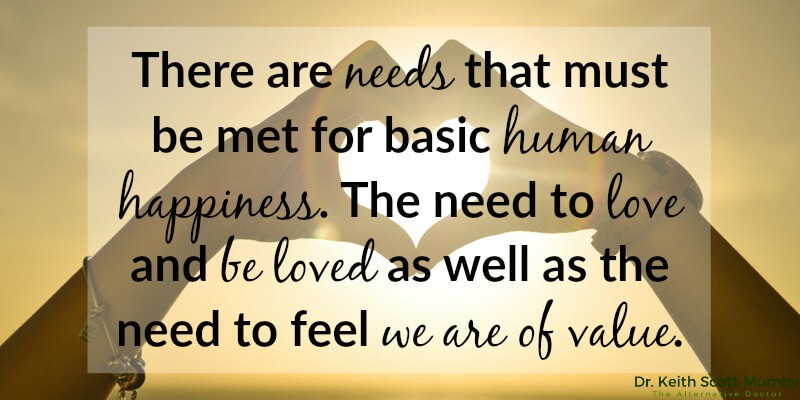The concept of showing self respect is not a new one. Several decades ago, a psychiatrist named William Glasser determined that there are fundamental needs that must be met for basic human happiness.
- The need to love and be loved.
- The need to feel we are of value, to ourselves and others.
He called this “Reality Therapy.” As Glasser pointed out in 1965, these two needs are actually entwined. It’s fascinating reading
If you are capable of loving and respecting others, you tend to have an easier time learning to love and respect yourself.
To feel worthwhile, to feel as though we have value, there are certain positive aspects of standard human behavior that we need to learn and grow.
A few years ago, I expanded on Glasser’s basic concepts in a book I titled The Gentleperson’s Guide to Good Behavior.

I’ll share a condensed version of them here but feel free to get the entire guide (it’s free!) by following the link.
- Acknowledge the existence of others. This is something lost in today’s fast-paced world. Simply nodding your head or smiling at someone you pass on the street tells them, “I see you. I acknowledge you.” It can change someone’s entire day for the better (social experiments have been done on this).
- Listen with your entire self. A habit many of us fall into is waiting for our chance to speak rather than really absorbing (and thinking about) what the other person is saying. Everyone has the right to rational communication so “open your ears and close your mouth” as old-timers used to say.
- Avoid analyzing someone else’s thoughts. It is the height of arrogance to assume you understand the thoughts (and motivations behind them) of another human being. Phrase your questions with curiosity (“tell me how you feel about children”) rather than accusation (“you must dislike children”). Not only is assuming another person’s thoughts conceited, more often than not, you’re wrong.
- Understand how you make others feel. There are many toxic people in the world that all of us deal with regularly – from family to co-workers to supposed “friends” who act like anything but a friend. You need to recognize when you are one of those toxic people! A big sign of showing yourself respect is also admitting when your behavior is hurtful, aggressive, or out of control.
- Don’t be deliberately insulting. You can disagree, debate, and communicate without crude insults and aggression. The moment you call another person a derogatory name, the conversation has devolved and nothing else you say will be heard.
- Stop gossiping about other people. This is one of those pieces of advice you’d think everyone will know (but most don’t practice). If you manufacture inflammatory information about someone else, you are toxic. If you pass along inflammatory information, you are enabling (fueling) toxicity. Both are not ways you respect yourself or others. First, if it doesn’t concern you and is not a matter of safety – stay out of it. Second, you must ask yourself if this is a good use of your time and mental energy.
- Know the right time and place. If there is something of importance you wish to discuss, avoid doing so with an individual who is tired, ill, hungry, or emotionally distressed. People in a volatile state may take your words wrong or you may find it easy to “win” because the other person is at a disadvantage.
- Honesty is (still) the best policy. Don’t let your fear or lesser emotions rule you in this regard. Deal with situations and people open, honestly, and fairly. Don’t profit (financially, personally, or professionally) off the mistakes or tragedy of others.
- Always finish what you start. There’s a saying “start as you mean to go on” and it is a good life motto. Deliver what you promise, don’t let people down, and guard your personal reputation fiercely. Reputation is something many don’t seem to care about anymore but I assure you, your character is critical.
Now this is only half the list but, as you can see, these are valuable life lessons that it seems so many in our modern world have forgotten.
Read the rest of them in The Gentleperson’s Guide to Good Behavior right now (it’s FREE) and start incorporating these simple (but truly critical) ways of living your life that will show yourself respect and love while giving that to the people around you as well.
Discover how you can be a gentle person, an aristocrat of good manners and breeding, and then build it into your emotional genes!
Click here to download The Gentleperson’s Guide to Good Behavior
The post 9 Ways to Respect Yourself and Honor Others appeared first on Dr. Keith Scott-Mumby.
